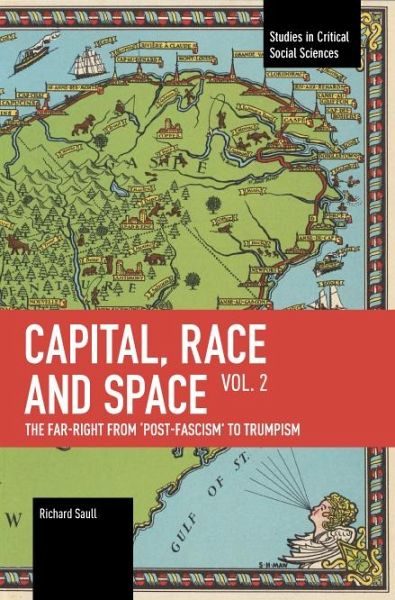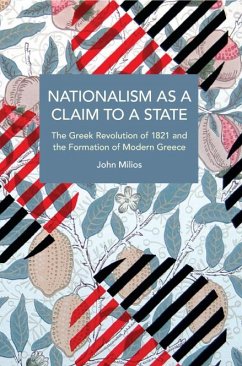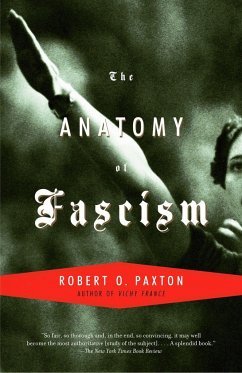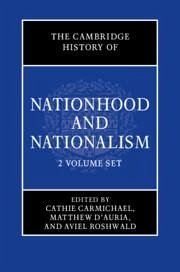
Capital, Race and Space, Volume II
The Far Right from 'Post-Fascism' to Trumpism

PAYBACK Punkte
18 °P sammeln!
In this second volume of Capital, Race and Space, Richard Saull offers an international historical sociology of the Western far-right from the end of World War II to its contemporary manifestations in Trumpism and Brexit. Focusing on its international causal dimensions, Saull draws on the theory of uneven and combined development to provide a distinct and original explanation of the evolution and mutations of the 'post-fascist' far-right. Despite the transformed geopolitical context of capitalist development after 1945 - with decolonization and the end inter-imperial rivalry - the far-right co...
In this second volume of Capital, Race and Space, Richard Saull offers an international historical sociology of the Western far-right from the end of World War II to its contemporary manifestations in Trumpism and Brexit. Focusing on its international causal dimensions, Saull draws on the theory of uneven and combined development to provide a distinct and original explanation of the evolution and mutations of the 'post-fascist' far-right. Despite the transformed geopolitical context of capitalist development after 1945 - with decolonization and the end inter-imperial rivalry - the far-right continued to be intimately connected to the consolidation of the anti-communist liberal order. Thereafter, the far-right also formed an important, if contradictory, element within the neoliberal historical bloc that emerged in the 1980s and has been the main ideo-political beneficiary of the 2007-8 neoliberal crisis.














